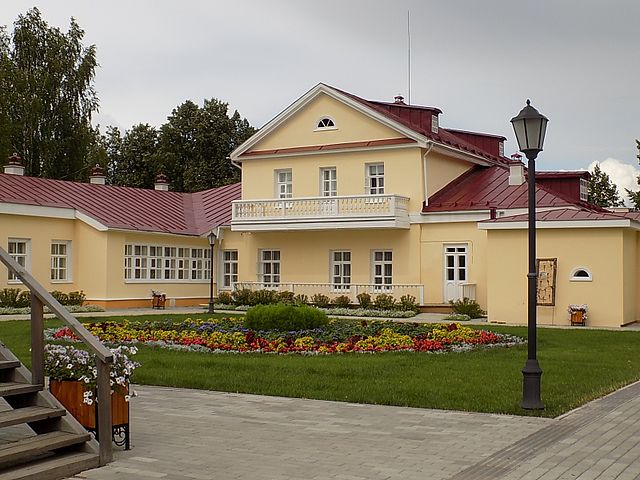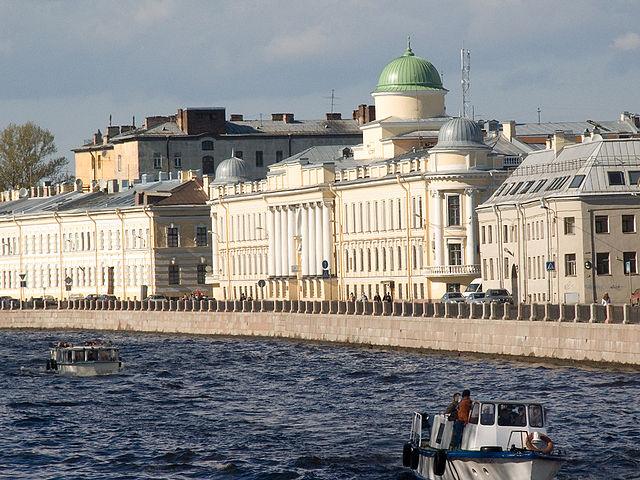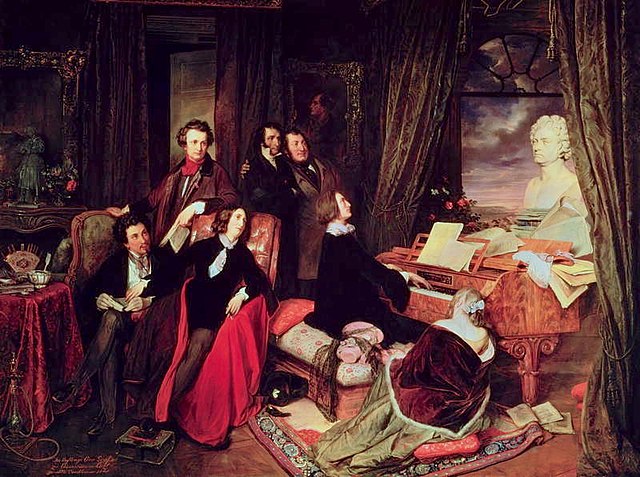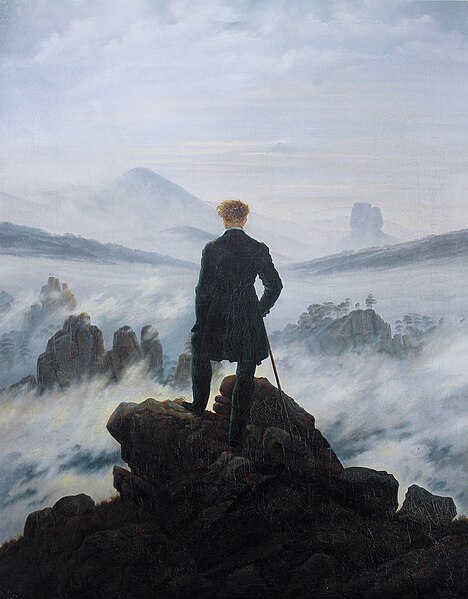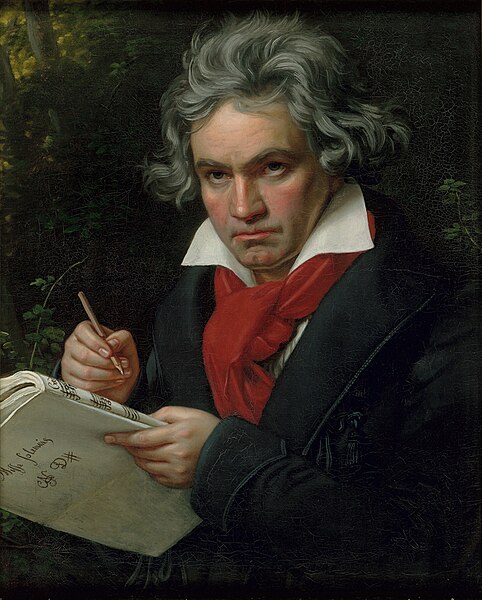Pyotr Ilyich Tchaikovsky was a Russian composer during the Romantic period. He was the first Russian composer whose music would make a lasting impression internationally. Tchaikovsky wrote some of the most popular concert and theatrical music in the current classical repertoire, including the ballets Swan Lake and The Nutcracker, the 1812 Overture, his First Piano Concerto, Violin Concerto, the Romeo and Juliet Overture-Fantasy, several symphonies, and the opera Eugene Onegin.
Tchaikovsky, c. 1888
Tchaikovsky's birthplace in 1840 in Votkinsk, Russia, now a museum
The Tchaikovsky family in 1848. Left to right: Pyotr, Alexandra Andreyevna (mother), Alexandra (sister), Zinaida, Nikolai, Ippolit, Ilya Petrovich (father)
In 1850, at about ten years of age, Tchaikovsky entered the Imperial School of Jurisprudence in Saint Petersburg
Romantic music is a stylistic movement in Western Classical music associated with the period of the 19th century commonly referred to as the Romantic era. It is closely related to the broader concept of Romanticism—the intellectual, artistic, and literary movement that became prominent in Western culture from about 1798 until 1837.
Josef Danhauser's 1840 painting of Franz Liszt at the piano surrounded by (from left to right) Alexandre Dumas, Hector Berlioz, George Sand, Niccolò Paganini, Gioachino Rossini and Marie d'Agoult, with a bust of Ludwig van Beethoven on the piano
Wanderer above the Sea of Fog, by Caspar David Friedrich, is an example of Romantic painting.
Ludwig van Beethoven, painted by Joseph Karl Stieler, 1820
Richard Wagner in Paris, 1861


